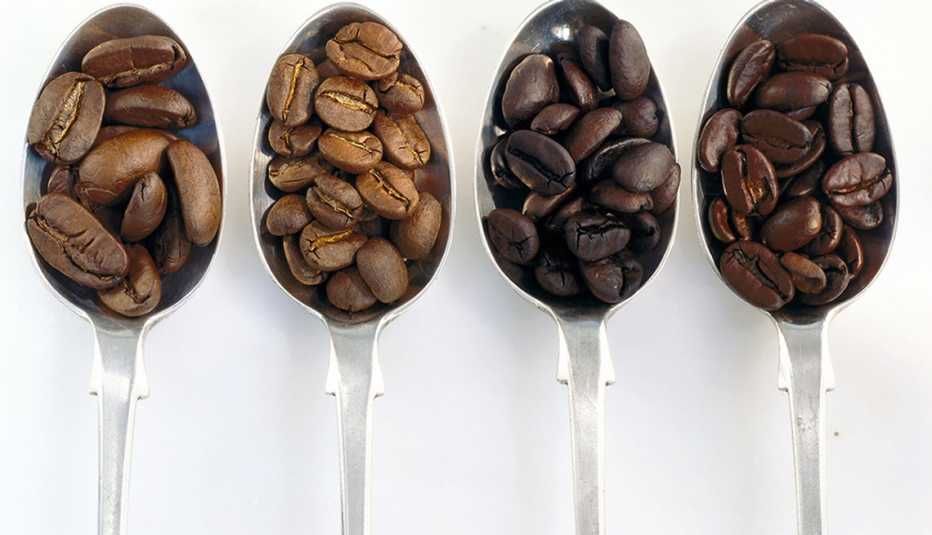Challenges


- Caffeine may help protect your brain from memory decline.
- Drinking too much coffee can cause sleep problems as you age.
You're not alone if you don’t feel like a fully functioning human until you’ve downed a steaming mug of coffee in the morning. Daily coffee consumption is at a 20-year high. And the greatest increase is among consumers 60-plus, according to the National Coffee Association’s 2024 report. Among those older adults, 73 percent reported drinking coffee the day before, compared with 67 percent in 2004.
While the mental jolt you experience after a java fix is very real, research suggests there may be some additional benefits to your morning or midafternoon cup, plus a few potential drawbacks.
First, a quick lesson in why you experience that lift about 30 minutes after finishing your first cup: That feeling of being awake and alert results from several chemical interactions in the body.
Caffeine is a stimulant. It blocks receptors for the sleep-inducing chemical adenosine. “By blocking adenosine receptors, caffeine temporarily prevents [adenosine’s] signal from making you feel sleepy,” despite the continued accumulation of adenosine in the brain throughout the day, says Michael Grider, assistant professor of neuroscience at High Point University in North Carolina. It also boosts levels of two key hormones: cortisol and adrenaline. Grider explains that adrenaline increases alertness, heart rate, blood pressure and body movement. “Cortisol is the body’s main stress hormone, and it increases the body’s stress response,” he says.
Caffeine also increases the activity of a group of nerve cells in the brain known as cholinergic neurons, which are involved in attention and arousal, Grider adds. This is another reason coffee provides a short-term increase in focus on a test or work project, for example.













More From Staying Sharp
Relieve Stress With an Adult Coloring Book
Unwind with this fun, do-anywhere activity
What's Better? Sugar-Free, No Added Sugar or Unsweetened
Food label claims can be confusingHow to Make Chicken Broth
Simmering a pot of homemade chicken broth takes minimal hands-on time